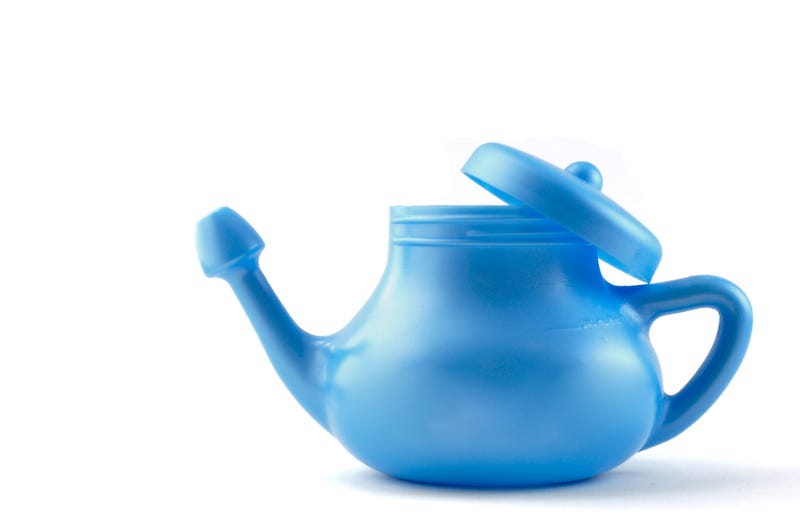
A week after the Florida Department of Health in Charlotte County reported a case of a brain-eating amoeba linked to a sinus rinse, it confirmed to multiple outlets that the infected person had died.
The individual was infected with Naegleria fowleri, commonly known as the “brain-eating” amoeba, according to the U.S. Centers for Disease Control and Prevention. This organism infects people when it enters the body through the nose, then travels to the brain “where it destroys the brain tissue and causes a devastating infection called primary [amoebic] meningoencephalitis.”
When it reaches that stage, the infection is nearly always fatal, said the CDC.
“An Epidemiological investigation is being conducted to understand the unique circumstances of this infection. I can confirm the infection unfortunately resulted in a death, and any additional information on this case is confidential to protect patient privacy,” said Jae Williams, press secretary for the Florida Department of Health, in an emailed statement, according to CBS News. CNN also published the statement.
According to the Florida Department of Health, the recent case was “possibly as a result of sinus rinse practices utilizing tap water.” Common devices used for sinus rinsing are neti pots, which are designed to clear mucus out of sinuses with a saltwater solution, per the Mayo Clinic.
“If you choose to make your own saltwater solution, it’s important to use bottled water that has been distilled or sterilized,” said the clinic.
Infection with Naegleria fowleri is rare, the Florida Department of Health stressed. It can only take hold when the microscopic single-celled living amoeba enters through the nose and people cannot be impacted by drinking tap water.
“DOH-Charlotte, as part of a multi-agency response, is continuing to investigate how this infection occurred and is working with the local public utilities to identify any potential links and make any necessary corrective actions,” the department said Feb. 23.
Local residents were advised to use sterile, distilled water for sinus rinses, or tap water boiled for at least one minute and then cooled. They were also advised not to allow water to go up the nose when bathing, showering, washing their faces, or swimming in small hard plastic/blow-up pools.
Some symptoms of concern for those who may have had contaminated water go up their noses include: headache, fever, nausea, disorientation, vomiting, stiff neck, seizures, loss of balance and hallucinations.
LISTEN on the Audacy App
Sign up and follow Audacy
Facebook | Twitter | Instagram
